Mark Weyermuller at the 32nd Ward’s 10th Precinct polling place. | Mark Weyermuller
Mark Weyermuller at the 32nd Ward’s 10th Precinct polling place. | Mark Weyermuller
Mark Weyermuller is sounding the alarm over what he describes as inadequate security measures at the Chicago Board of Elections.
Weyermuller, a retired realtor and occasional contributor to Illinois Review, recently shared his concerns and revealed photos he took of what appears to be unsecured election equipment at a Chicago Park District gym serving as a polling place for the 32nd Ward’s 10th Precinct.
“The Chicago Board of Elections has (NON) high security locks to protect equipment, computers and ballots with this wire that can be cut with wire cutters,” Weyermuller told Chicago City Wire. “This container was spotted at an unsecured Chicago Park District gym. I’m not surprised that people question if we can have honest and fair elections in Cook County.”

Ballots at a Chicago polling place were protected by only a thin wire.
| Mark Weyermuller
Ward 32 is represented by Alderman Scott Waguespack. Waguespack has offices located at 2657 N. Clybourn and at City Hall.
Weyermuller’s photos and statement underscore ongoing concerns regarding election transparency and security, especially in Cook County—a county long plagued by allegations of voting irregularities.
In fact, NBC Chicago has referred to "dead voters" as a “time-honored Chicago tradition,” a phrase that highlights the longstanding skepticism surrounding elections in the city.
In a recent interview with the Chamaban Sun, State Representative Dan Caulkins (R-Macon) pointed to what he called "suspicious" voting outcomes in Cook County in previous elections, notably during the 2014 gubernatorial race, when former Governor Bruce Rauner’s commanding lead in early returns was contrasted with delays in resolving other statewide races in which Republicans saw early leads dissolve after days of counting additional votes.
“The craziest, most suspicious thing was when Governor Rauner won,” Caulkins said.
Caulkins recalled how Cook County continued to report vote totals days after the election.
“They couldn’t take Rauner out, but they did manage to remove other candidates like Tom Cross,” Caulkins said.
In the 2014 Illinois Treasurer race, Cross secured the Republican nomination but narrowly lost to Democrat Michael Frerichs, who won with 48.1% of the vote (1,694,884 votes), while Cross received 47.8% (1,685,659 votes).
Frerichs surged ahead of Cross after late vote counts from suburban Cook County gave him a lead of over 9,000 votes.
This late shift brought to a close what had been one of the closest statewide races in Illinois history, with Frerichs’ campaign dismissing calls for a recount.
Illinois has received a score of 47 out of 100 on the Heritage Foundation's Election Integrity Scorecard, ranking 41st among all states.
The state's low grade stems from a number of areas where election safeguards fall short, including the lack of a photo ID requirement for in-person voting and absentee voting, and the absence of policies to verify voter information using commercial data or to prevent the use of unsecured drop boxes.
Illinois also lacks a comprehensive post-election audit and fails to provide full transparency in some election procedures.
Critics argue that these gaps in election security contribute to growing concerns about the fairness and transparency of the state's electoral process.

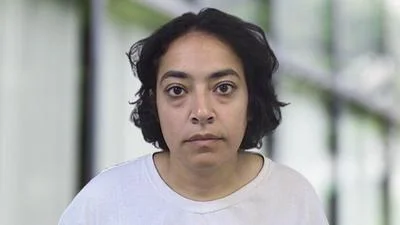
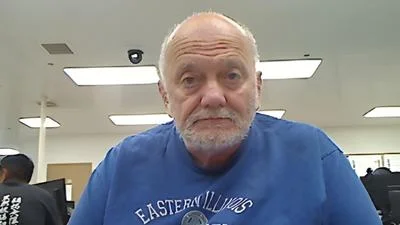
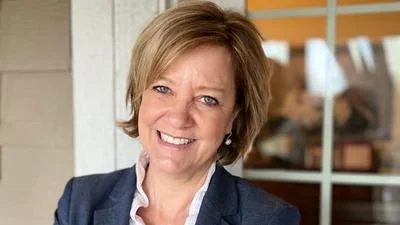
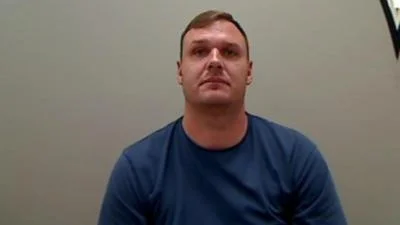
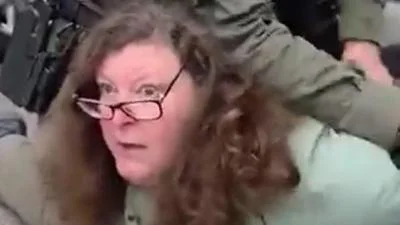
 Alerts Sign-up
Alerts Sign-up